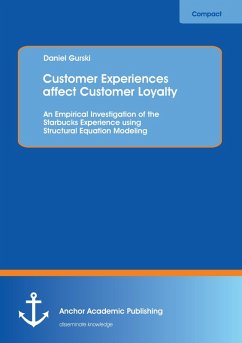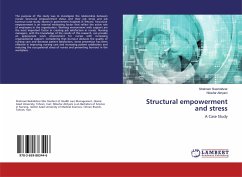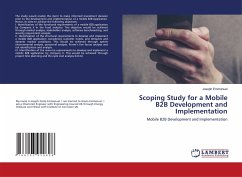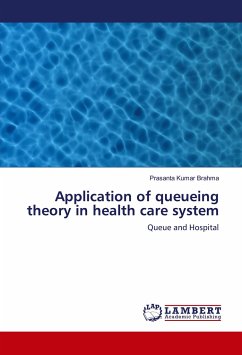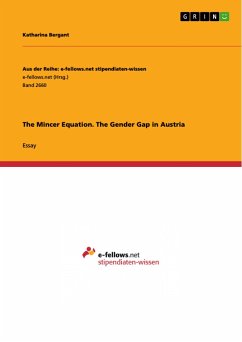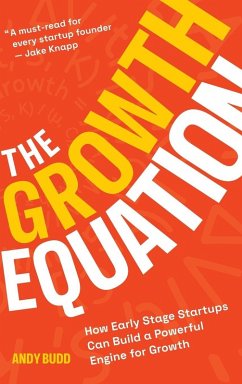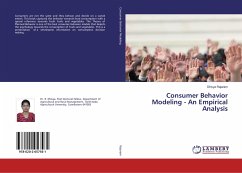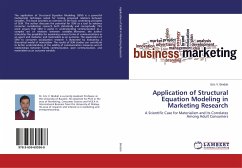
Application of Structural Equation Modeling in Marketing Research
A Scientific Case for Materialism and its Correlates Among Adult Consumers
Versandkostenfrei!
Versandfertig in 6-10 Tagen
62,99 €
inkl. MwSt.

PAYBACK Punkte
31 °P sammeln!
The application of Structural Equation Modeling (SEM) is a powerful multivariate technique suited for testing proposed relations between variables. This book provides an overview of the basic underlying principles of SEM. The author discusses the potential for SEM as a tool to advance consumer socialization research both statistically and conceptually. This work argues that SEM is useful in understanding communication as a complex set of relations between variables. Moreover, the author articulates the possibility for examining various forms of communications as an agent and mediator, and mate...
The application of Structural Equation Modeling (SEM) is a powerful multivariate technique suited for testing proposed relations between variables. This book provides an overview of the basic underlying principles of SEM. The author discusses the potential for SEM as a tool to advance consumer socialization research both statistically and conceptually. This work argues that SEM is useful in understanding communication as a complex set of relations between variables. Moreover, the author articulates the possibility for examining various forms of communications as an agent and mediator, and materialism as an outcome. The application of SEM to consumer socialization research is illustrated by evaluating a theoretical model of materialism. The results of SEM studies can contribute to better understanding of the validity of communication measures and of relationships between family communication, peer communication, and materialism as an outcome variable.





